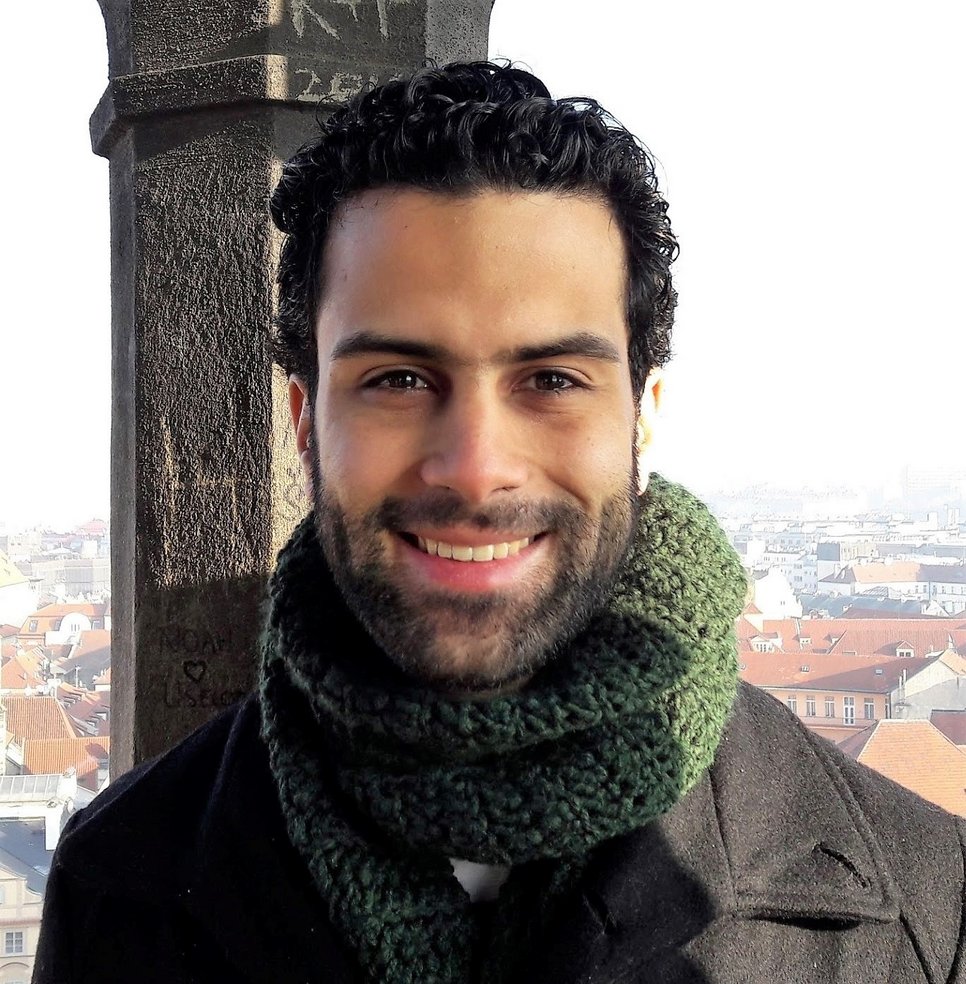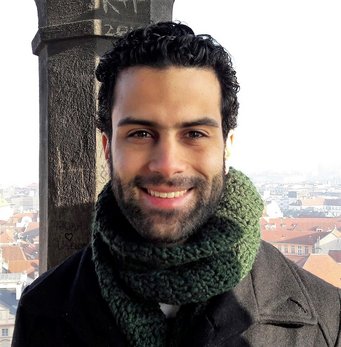Mohamed El-Brolosy receives Otto Hahn Medal and Peter Hans Hofschneider Prize
Scientifc awards for doctoral thesis on heart and lung research
Until recently, the Egyptian-born biologist researched so-called genetic compensation as part of his dissertation at the Bad Nauheim Institute in Didier Stainier's department. This describes a phenomenon in which the loss of individual genes and thus their function, contrary to expectations, does not lead to maldevelopment during embryonic development. Using model organisms such as zebrafish and mice, El-Brolosy found that when a gene fails, related genes are more active. In the course of his doctoral thesis, the 29-year-old junior researcher was able to gain significant insights into the molecular processes responsible for regulating genetic compensation.
El-Brolosy studied at the German University in Cairo. He did his Master's degree at the University of Göttingen and then moved to the Max Planck Institute for Heart and Lung Research in Bad Nauheim for his doctoral thesis as part of the IMPRS for Molecular Organ Biology. He published the results of his research in the renowned scientific journal "Nature", among others. A few months ago, he moved to the USA as a "Junior Fellow" of the Harvard Society of Fellows and is now continuing his career at the Whitehead Institute for Biomedical Research in Cambridge.
Every year, the Max Planck Society honours particularly outstanding research achievements of its doctoral students with the Otto Hahn Medal. In his congratulations, Max Planck President Martin Stratmann emphasised that the awardees had completed their work "at the height of the pandemic" and that the will to perform, determination and creativity should therefore be valued all the more highly.
With the Peter Hans Hofschneider Prize, named after the pioneer of molecular biology and a key figure in interferon research, the Max Planck Society also honours El-Brolosy for "outstanding work in the field of molecular medicine. El-Brolosy describes the relevance of his research results for medicine as follows: "The aim of my research is to increase the robustness of individuals to genetic mutations, which can occur spontaneously in any of us at any time." In addition, another focus is to understand how individual genetic variants influence the expression of individual genes and thus also the course of diseases.

